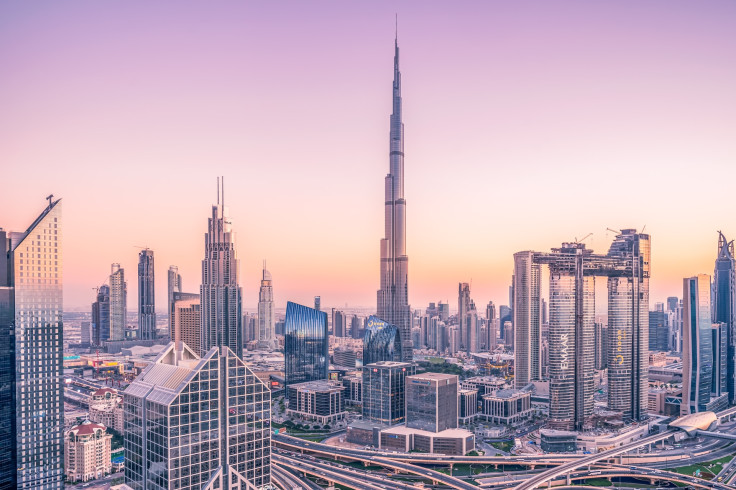Arab Strategy Forum 2024: UAE Must Tackle Its Own Crises, Says Minister Mohammad Al Gergawi

Mohammad bin Abdullah Al Gergawi, minister of cabinet affairs, emphasized during his opening remarks at the Arab Strategy Forum (ASF) on Wednesday that the United Arab Emirates (UAE) must independently address crises, settle disputes and strengthen ties among its countries for a brighter future.
ASF is an annual conference that takes place in Dubai, UAE. The theme of this year's run of the event is "The Political and Economic State of the Arab World."
Al Gergawi, who is also the chairman of ASF, highlighted in his speech the profound change in convictions and shed light on the increased questions about the inability of the international system to tackle crises.
"At this historical phase, it is imperative for our region to have a pivotal role in managing its own crises, resolving its own disputes, and building bridges among its countries to build a better future for its people," he said, as per WAM.
The minister recalled the statements made by Sheikh Mohammed bin Rashid Al Maktoum, vice president, prime minister and Ruler of Dubai, at the forum 20 years ago that there is a need to find a solution for "the Palestinian cause based on international law" and "an urgent resolution for Iraq situation within a framework that secures its unity."
Al Gergawi pointed out that after 20 years of discussion on globalization's impact and creating an international system based on common cultural, moral and economic values, the world has reached a phase where basic human values such as safety and security have become subject to disagreement, division and skepticism.
The minister emphasized the unprecedented ramifications of the Israel-Palestine war on the region. He questioned whether the Gaza war will be the catalyst of lasting peace in the region and the creation of a Palestinian state or the beginning of an extended war on various new fronts in the region. He also asked whether the Gaza war will be the last or the starting point of new wars.
The minister then called the war "an unprecedented humanitarian disaster in decades. Despite the horrors of this war and efforts of many countries to stop it, we need to reflect on it."
The minister also noted the impact of Gulf countries — Bahrain, Kuwait, Oman, Qatar, Saudi Arabia and the UAE — on the world as they are actively engaging in mediating solutions for political, economic, climatic and humanitarian issues.
"Today, the Gulf countries stand as a global investment powerhouse, with their sovereign funds totaling an impressive US$3.8 trillion – the largest in the world and comprising 34 percent of the global funds," he said.
The minister praised all the Gulf countries for their strategic development visions, focusing on ensuring economic stability and the well-being of their citizens.
Al Gergawi also spoke about the intensifying polarization, not solely on an international scale but also within societies — on the intellectual, religious, political and social fronts.
The minister said everyone gathered at the ASF to monitor the new trends and look at the next decade given the constant technological transformation that raises questions about its future risks.
"In fact, most of the global trends are positive if analyzed in terms of economic value. Countries have developed and extracted millions out of poverty. Artificial Intelligence is doubling productivity, in addition to medical breakthroughs, social, economic and political stability that many countries are enjoying," Al Gergawi noted.
"Undoubtedly, we are witnessing more good than evil. Peace lasts longer than war, and hope is more prevailing than despair. Yet, we are asking these questions in this forum to better understand the course of events and shape a better world for us and our future generations," he added.
© Copyright 2023 IBTimes AE. All rights reserved.





















